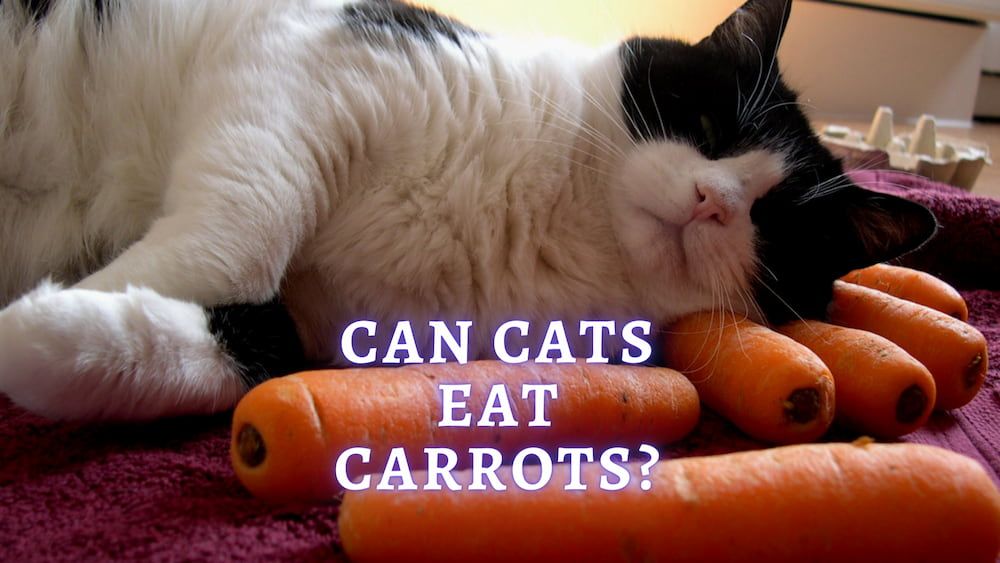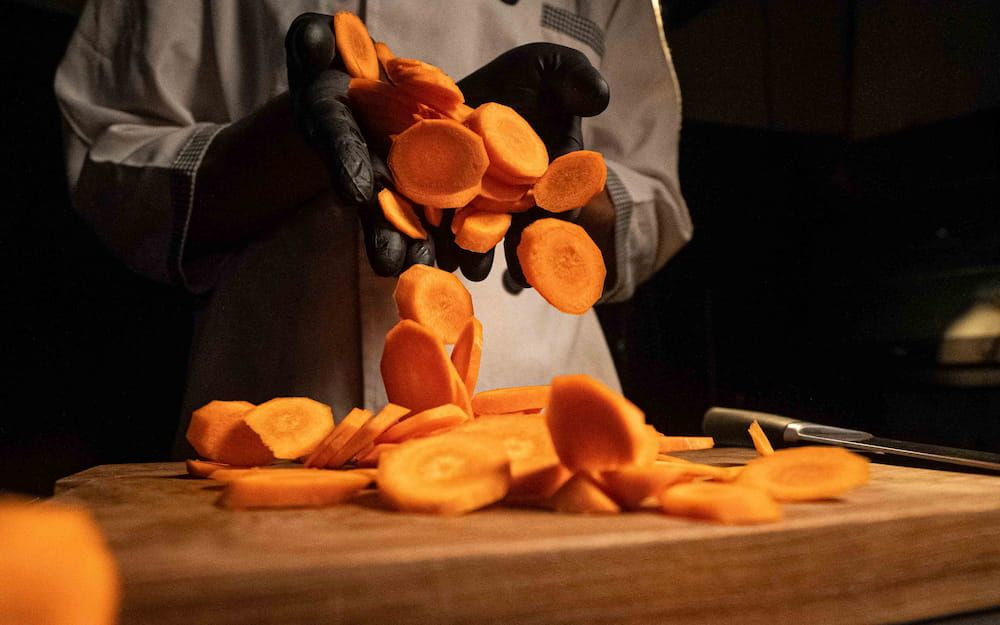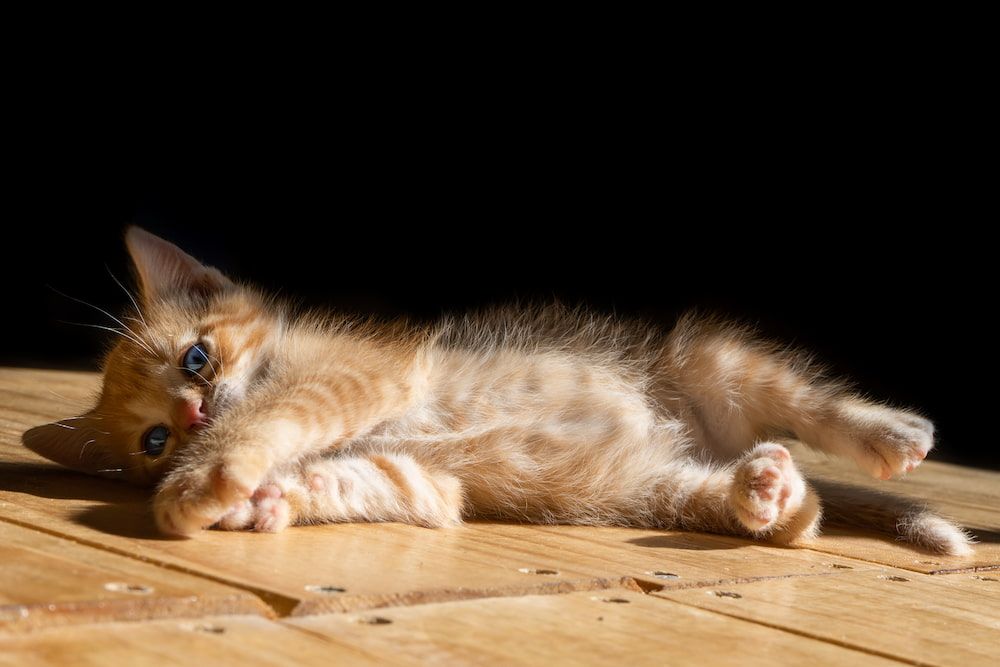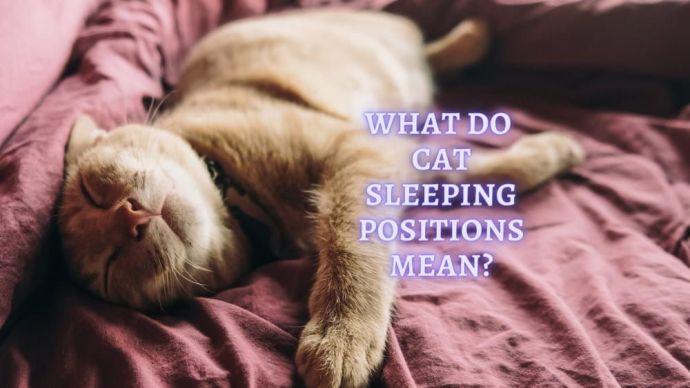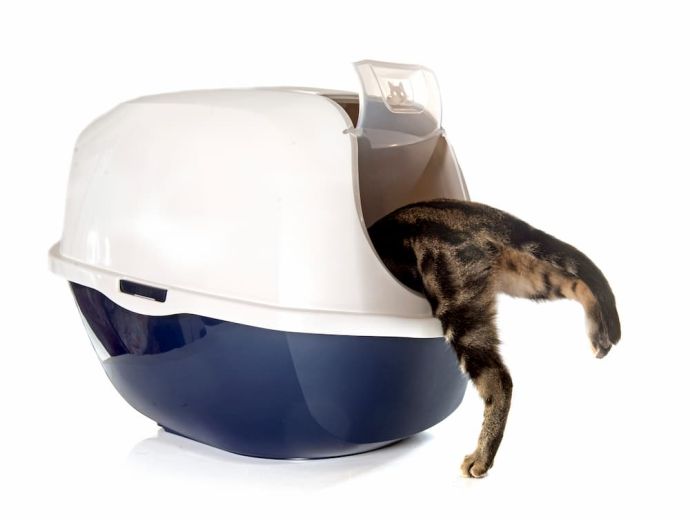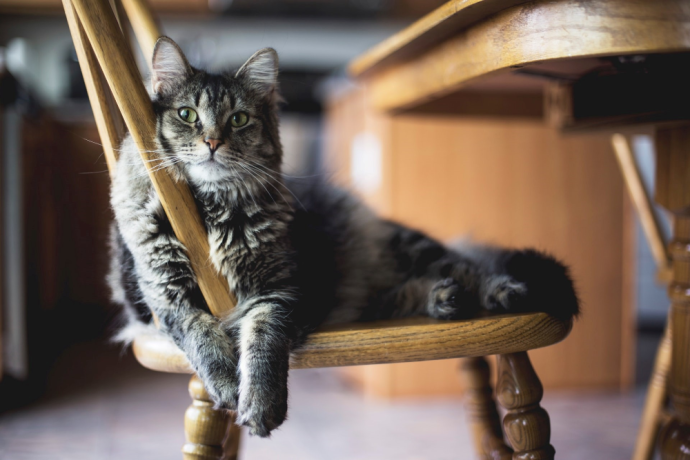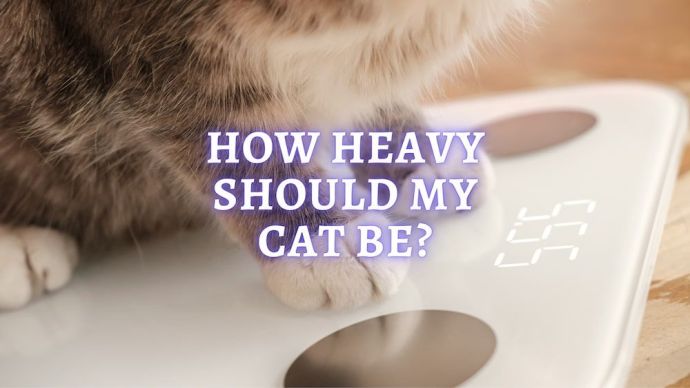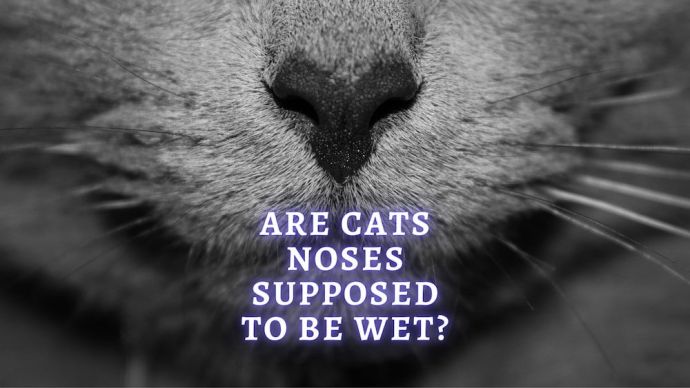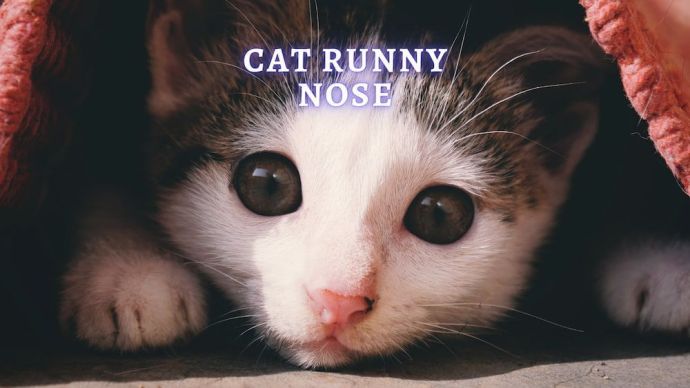Can Cats Eat Carrots? Here is Everything You Should Know
Written by:
Author: Elle Veranth
A copywriter for articles and blogs about pet care, food, beverage, and business. Has always had a passion for writing and editing, but began taking freelancing seriously fairly recently.
View all 29 articlesLearn about our editorial process and veterinary review board.
Viewed: 135
Updated on: 06/27/2023
Many cats enjoy eating certain human foods as a special treat. However, knowing which human foods are safe for your feline friend and which are not is very important. Depending on the quantity consumed, some foods can be toxic to pets. Luckily, a handful of foods are considered safe to eat. This begs the question, are these vegetables safe for cats to eat?
Can Cats Eat Carrots?
The short answer is yes! Cats can eat this vegetable. The edible root of the carrot plant is not toxic to pets and makes for a healthy snack. This vegetable should not be given as a whole meal, however. They should be considered a treat and should not exceed 10 percent of your pet’s daily calorie intake.[1]
Are Carrots Beneficial to a Cat’s Diet?
Like humans, these vegetables are pretty beneficial to a pet’s diet. They are packed with healthy vitamins and minerals and are low in calories. In fact, approximately 20 percent of all canned pet foods contain carrots as an ingredient. [1]
These vegetables are rich in vitamin A, fiber, and many antioxidants, such as carotenoids. They contain beta-carotene, alpha-carotene, lutein, lycopene, and polyacetylenes. Many previous studies believed pets could not absorb beta-carotene from foods, but this has been disproven. Nutritional benefits can help fight certain cancers in humans, but whether this occurs in pets is unclear. However, one study did discover that lutein can help improve a pet’s immune system.[1]
These vegetables’ soluble and insoluble fiber can help improve your pet’s gut health, create healthy digestion, and potentially help with overeating. Fiber makes the consumer feel fuller, thus prompting them to eat less. There are many benefits associated with feeding carrots to a cat when done correctly.
VET ADVICE: Cat Nutrition Requirements
How to Safely Feed Your Cat Carrots
That said, there is a safe way to feed carrots to your feline friend. Cats can eat raw or cooked vegetables, but any cooked vegetables should be allowed to cool down before giving them to your pet. Regardless of how these vegetables are prepared, they should always be washed, peeled, and cut into tiny pieces. They can pose a choking hazard for your pet if cut too big. This vegetable should also not be seasoned with anything, including salt.
Any treats should be given to pets in moderation, and these vegetables are no exception. A cat eating too many carrots can lead to an upset stomach or diarrhea due to the fiber content. If they have a sensitive stomach, it might be a good idea to consult your vet before feeding them this vegetable. Though very rare, it is possible to overdose on vitamin A from eating this vegetable. Still, many pets do not like this vegetable enough for this to be something to worry about. [1] note that you should not give your cat carrot juice.
Can I Feed My Cat Raw Carrots?
Yes! Cats can eat raw carrots. However, don’t be surprised if they do not prefer them raw. Some pets do not enjoy how crunchy and raw vegetables are, so it might be better to opt for cooked vegetables. If you decide to feed your pet raw this vegetable, try finely grating them over your pet’s food and mixing them. Raw vegetables should never be given in large pieces.
Can Kittens Eat Carrots?
Kittens can also eat carrots, but a regular kitten-appropriate diet is best. Since they are so young, their digestive systems are still developing and may show some sensitivity.[2] Giving a kitten a few small pieces of cooked carrot on occasion should be fine, but contact your vet with any questions.
READ MORE: How Often to Feed Kittens?
How Many Carrots Can My Cat Eat?
The amount of carrots your cat consumes should depend on the pet’s size and lifestyle. Treats should make up no more than 10 percent of your pet’s daily calorie intake. For example, if your pet weighs 10 pounds, the average number of calories they should eat daily is around 250. That means that treats should only make up 25 calories per day.
Though this vegetables are low in calories, you should not overfeed them to your cat. An appropriate amount of this vegetables per day is at most two ounces. You can use a food scale to measure the quantity. Excess carrot consumption can cause bloating, gas, and other digestive issues in pets, so don’t overdo it. [3]
Can I Mix Cooked Carrots in with my Cat’s Food?
Yes! Instead of directly feeding the carrot pieces to your pet as a treat, you can try mixing cooked this vegetables in with their food. Carrots in this form are much softer and many pets enjoy the texture more than that of raw this vegetables. Remember to measure out the amount before mixing the this vegetables in with the food so you do not overfeed them.
What Other Vegetables Can Cats Eat?
Cats are obligate carnivores. Their diets mainly consist of protein-rich meats, so supplementing with vegetables is often unnecessary. However, there is a short list of vegetables that are safe to feed a pet in small quantities as treats. Here are some other vegetables pets can eat: [4]
- Asparagus
- Broccoli
- Beetroot
- Bell peppers
- Cabbage
- Cauliflower
- Cucumber
- Pumpkin
- Spinach
It is important to remember that your cat may not experience the same nutritional benefits as humans do when consuming these foods. Also, do not be surprised if your pet shows no interest in wanting to try these veggies. They may be deterred by the texture, smell, or taste. You should never force your pet to eat something that they do not want to eat. If your pet does show interest in trying any vegetables, make sure they are thoroughly washed, peeled, and cut into pieces that are small enough for your cat to safely enjoy.
VET ADVICE: What Food Can Cat Eat
What Foods Should I Avoid Feeding My Cat?
There are many foods that cats should never eat. In terms of vegetables, you should never feed your pet onions, garlic, leeks, chives, scallions, or shallots. [4] These foods are extremely toxic to pets, and consuming them in large enough quantities can be fatal. Some other foods that you should avoid feeding your pet are mushrooms, grapes, raisins, dairy products, coconut, citrus fruits, coffee, and alcohol.
People Also Ask:
How many carrots can I feed my cat?
Some carrots are very large, so you should not base the amount on the number of carrots. The amount of carrots you feed your cat should be measured out. For adult cats, the maximum quantity should be two ounces. You can either mix the carrot pieces in with your cat’s food or give it to them as a treat. Remember, the carrots should be washed, peeled, preferably cooked, and cut into tiny pieces that are easy to chew and swallow.
Are carrots toxic to cats?
No, carrots are not toxic to cats. They make for a healthy treat as long as they are given occasionally. However, some cats may show certain signs of sensitivity to carrots. These could include gas or diarrhea, even when only a small amount is consumed. If this occurs, stop feeding carrots to your cat. It is also possible to overdose on vitamin A, though a cat would need to eat an extreme quantity of carrots for this to occur.
What vegetables can cats eat?
Some examples of vegetables that cats can eat are carrots, of course, asparagus, broccoli, beetroot, bell peppers, cabbage, cauliflower, cucumber, pumpkin, and spinach. If your cat expresses interest in wanting to try any of these veggies, only give them a very small amount initially. If they enjoy it and do not have any negative reactions, you can slightly increase the quantity and give it to them as a special treat on occasion. If you have any questions about certain foods that cats can eat, and in what amounts, you can always ask your vet.
Why can’t cats eat carrots?
Cats should not eat carrots if they have a sensitivity to them if they are being consumed in large quantities, or if the carrots are seasoned with any spices, including salt. Excess sodium is not healthy for cats. Cats that have trouble chewing and/or swallowing should not eat carrots either due to the choking hazard. Kittens can have cooked carrots in small portions, but proceed with caution. It is best to wait until they are adults.
Conclusion
Many pet owners enjoy sharing human foods with their feline friends, but our digestive systems are not the same as theirs. It is important to be educated on which human foods pets can eat, and which ones they cannot. Luckily, carrots are on the list of vegetables that pets can eat. As long as they are given in moderation, and your pet enjoys them, this vegetables can make for a very tasty and healthy treat! Does your pet enjoy eating carrots?
Article Sources:
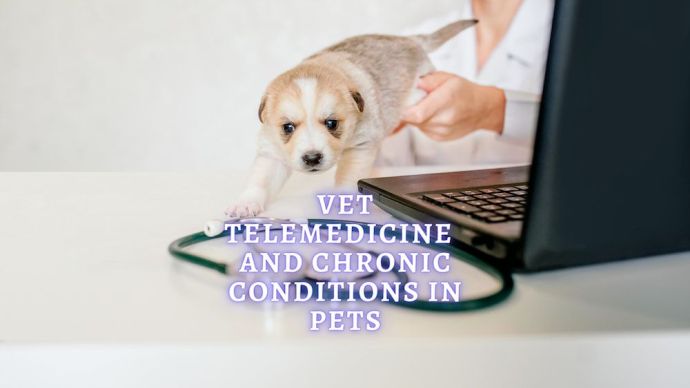 Cat Care Veterinary Telemedicine: How telemedicine can help manage chronic conditions in pets?
Cat Care Veterinary Telemedicine: How telemedicine can help manage chronic conditions in pets? - 568
- 0
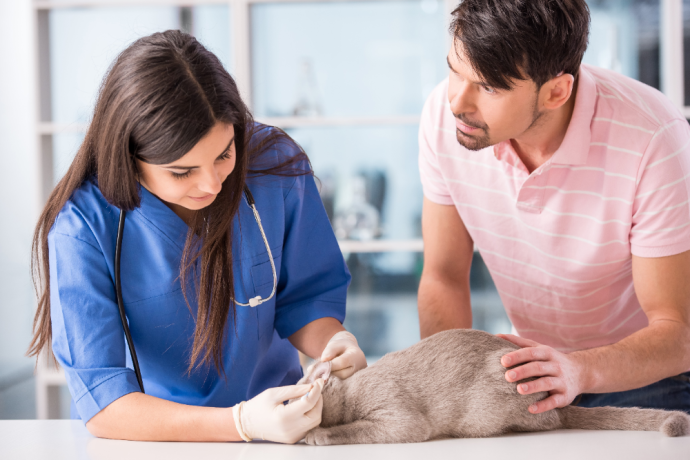 Cat Veterinary Tips Cat Fleas and Ticks: How to get rid of Fleas on Cats? (Vet Advice)
Cat Veterinary Tips Cat Fleas and Ticks: How to get rid of Fleas on Cats? (Vet Advice) - 185
- 0
 Cat Care Why Does My Cat Attack My Legs? 10 Reasons Why and What To Do About It (Vet-Approved Advice)
Cat Care Why Does My Cat Attack My Legs? 10 Reasons Why and What To Do About It (Vet-Approved Advice) - 46013
- 21
 Cat Veterinary Tips Cat Stomach Gurgling: Vet Advice on Why is Your Cat Stomach Gurgling?
Cat Veterinary Tips Cat Stomach Gurgling: Vet Advice on Why is Your Cat Stomach Gurgling? - 36469
- 4
 Cat Veterinary Tips My Cat Lost its Voice: Can Cats get Laryngitis? (Vet Advice)
Cat Veterinary Tips My Cat Lost its Voice: Can Cats get Laryngitis? (Vet Advice) - 23554
- 13









